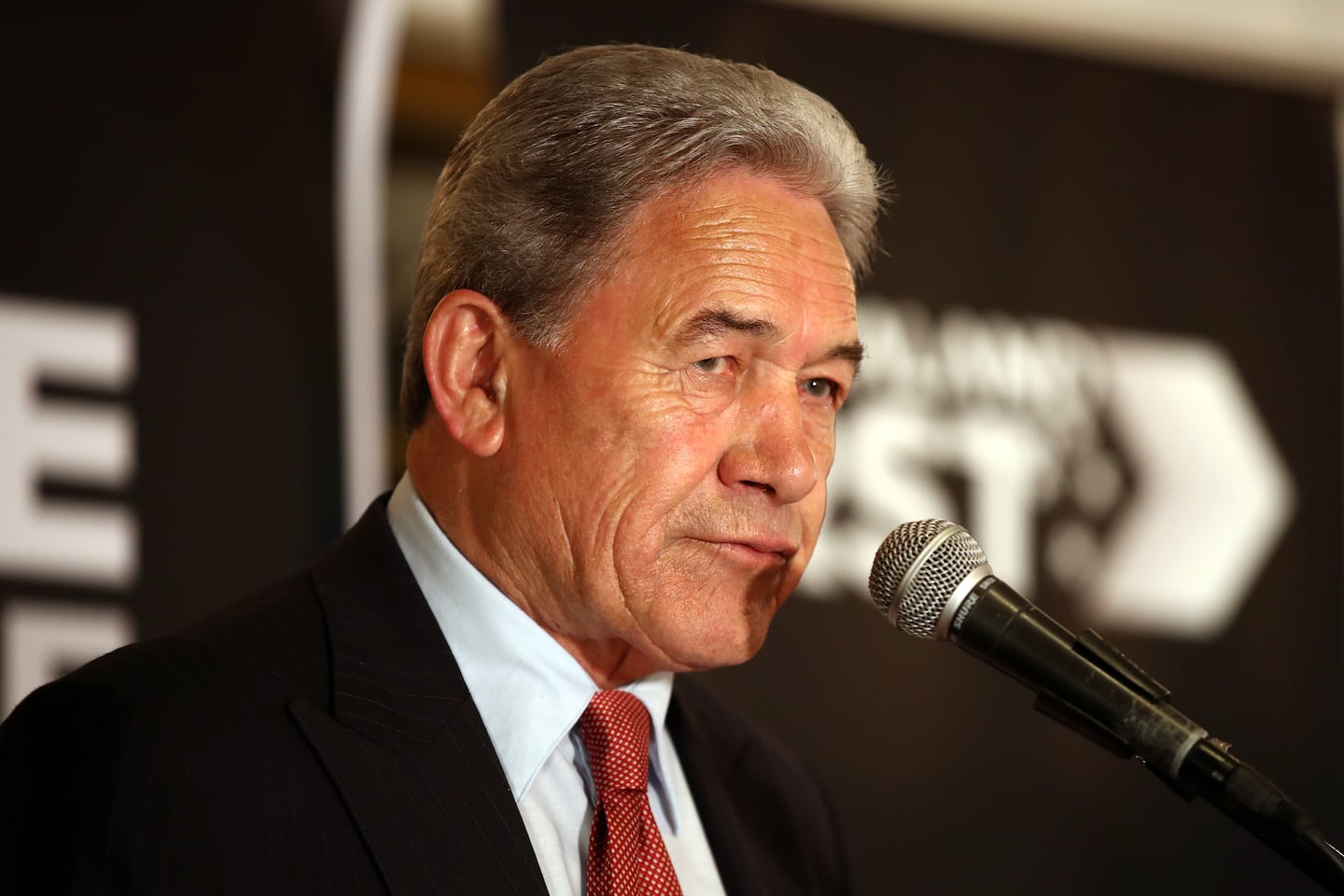New Zealand has declined to recognise the State of Palestine at the United Nations General Assembly, despite mounting international support and pressure from activist groups.
Foreign Minister Winston Peters represented Wellington at the UN in New York on Saturday morning (NZ time), in what had been a much-anticipated announcement.
Peters said: “With a war raging, Hamas remaining the de facto government of Gaza, and no clarity on next steps, too many questions remain about the future State of Palestine for it to be prudent for New Zealand to announce recognition at this time.”
He added that focusing on recognition “in the current circumstances” could complicate efforts to secure a ceasefire by pushing Israel and Hamas “into even more intransigent positions.”
Peters reiterated that New Zealand supports Palestinians’ right to self-determination and a two-state solution, describing recognition as a matter of “when, not if.”
New Zealand’s position came a day after dramatic scenes at the Assembly, when delegates walked out during Israeli Prime Minister Benjamin Netanyahu’s speech, in which he vowed to “finish the job” in Gaza.
Internationally, a UN commission of inquiry concluded on 16 September that Israel has committed genocide as defined under international law.
More than 150 UN member states have already recognised Palestine. Recent moves by the UK, Canada, Australia and France have increased pressure on New Zealand to clarify its stance.
In July, Wellington voted in favour of the UN’s New York Declaration, which endorsed “tangible, timebound, and irreversible steps” towards a two-state solution. However, like many countries, including France, New Zealand stopped short of granting formal recognition.
Days ago, activist group Justice for Palestine said recognition of statehood was significant because it:
- places Palestine on equal diplomatic footing;
- strengthens its ability to participate in UN bodies and access international legal mechanisms;
- enables direct trade agreements and economic relations, creating a pathway to self-determination alongside political sovereignty.
“Recognition signals New Zealand stands with international law and human rights, not with indefinite occupation and impunity,” a spokesperson said. “Recognition is a necessary precursor to any just solution underpinned by equality and Palestinian self-determination. But it’s not enough; sanctions on Israel are critical.”
Earlier in the week, progressive foreign policy group Te Kuaka criticised the Government’s secrecy around its position ahead of Peters’ announcement.
“This kind of pull-back-the-curtain approach isn’t appropriate for such a momentous decision about where New Zealand stands on the genocide occurring in Gaza,” said Gabriella Brayne, a spokesperson for the group.
Convenor Marco de Jong argued that recognising Palestinian statehood alone would be inadequate, and “objectionable if tied to conditions that further Israel’s aims.”
He said the Government should go further by imposing sanctions on Israel, supporting South Africa’s genocide case at the International Court of Justice, and ensuring New Zealand’s foreign policy decisions are made democratically, not “behind closed doors.”




